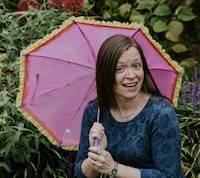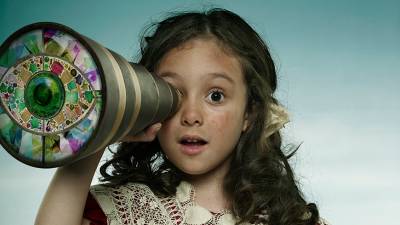Developmental Diversity
Group Members
Post-Doctoral Research Fellows
PhD Students
- Nevin Ozden
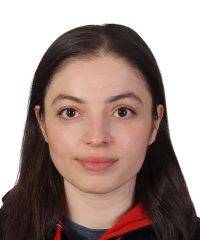
My research interests are episodic future thinking and its relationship with cognitive factors in autistic children.
- Ruihan Wu

My research interests are the construction of mentalising and its relationship with potential socio-cognitive factors. During my PhD, I am primarily exploring the cognitive mechanism and neural correlates of implicit mentalising and the interrelationship between implicit and explicit mentalising in both neurotypical and clinical populations, such as individuals with autism. I am also investigating potential factors that can be related to the performance of implicit and explicit mentalizing, such as culture, social motivation and social engagement. Techniques I use include behavioural measures, eye-tracking and electroencephalography (EEG)/ functional magnetic resonance imaging (fMRI).
Research Assistants
- Gillian Hughes

Gillian joined the lab in 2021 for her MSc thesis where she explored the relationship between implicit mentalising and autistic traits in women with the fragile x premutation. She completed her MSc in psychological sciences at UCL in September 2022 and has continued to work as a research assistant in the Development Diversity Lab.
- Imogen Krell

Imogen joined the lab in 2020 for her MSc thesis, exploring how deception detection abilities differ between neurotypical and autistic populations and the effect this may have on bullying. She has stayed on in the lab to work as a research assistant, having enjoyed her time as a master’s student so much! She currently is assisting David Ruttenberg on the SensorAble project.
- Maryna Nosyk
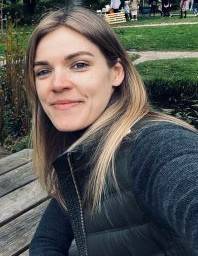
Maryna joined the lab in 2017 as an MRes student. Maryna’s research interests are in individual differences in implicit mentalizing in the ASD group compared to neurotypical individuals.
- Anushay Mazhar

Anushay is a part-time research assistant at the lab, where she leads the Culture project, that investigates mentalising differences in autistic and non-autistic children from the UK and Pakistan. She is also doing a PhD at University of Oxford in Education (Early Childhood).
Affiliate members
- Katherine Ellis
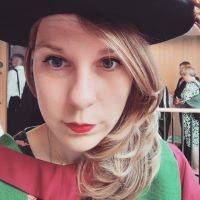
My research aims to understand social and emotional difficulties experienced by individuals with genetic syndromes associated with intellectual disability and autism. To date, my research has focused on how differences in social cognitive development, as well as sensory processing, may underpin differences in social and emotional functioning observed in these groups. I hope to develop sensitive diagnostic tools and targeted interventions based on detailed descriptions of causal mechanisms between genetic abnormality, to neurobiological and cognitive phenotypes, and behaviour within each syndrome.
 Close
Close


